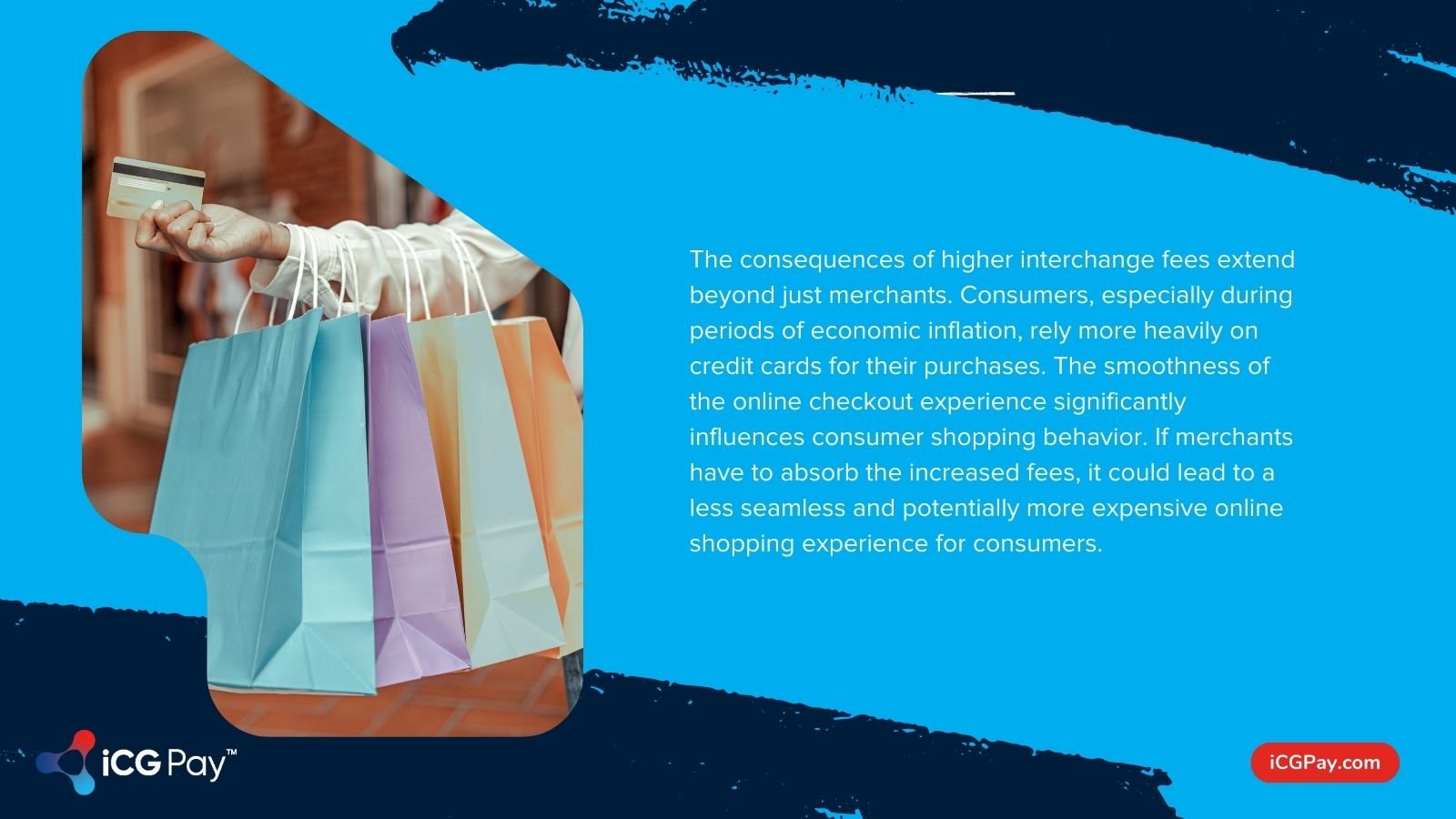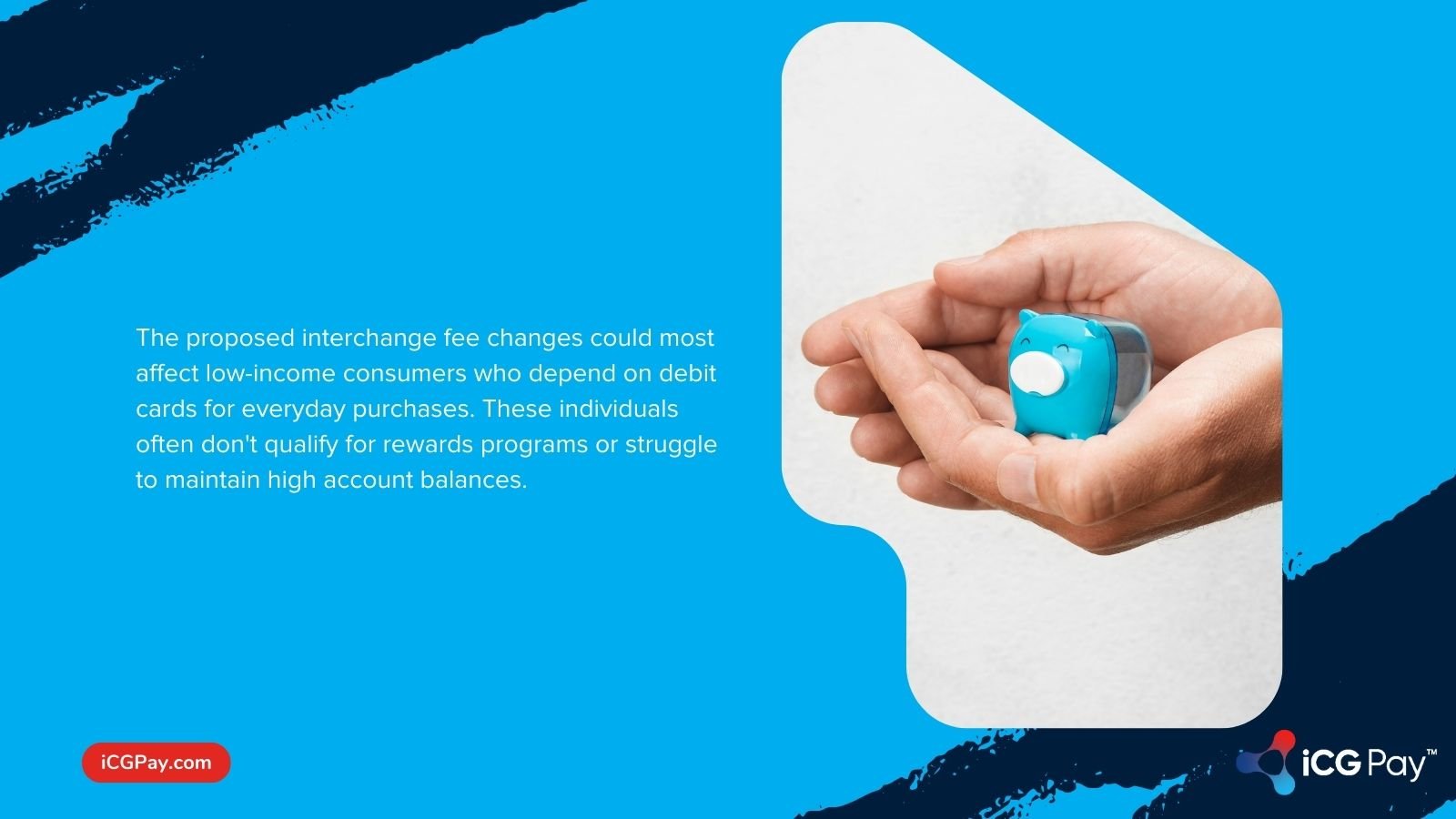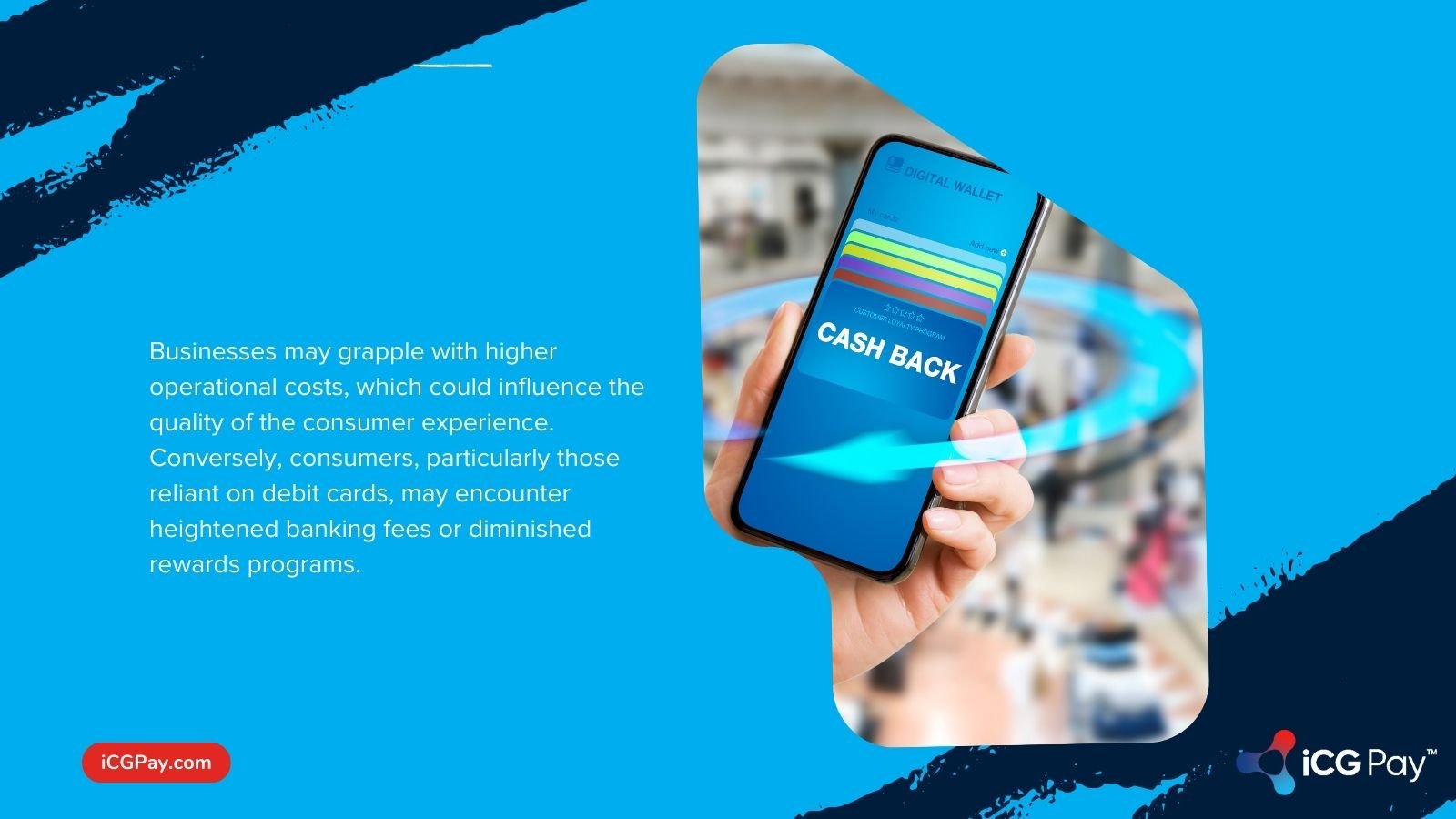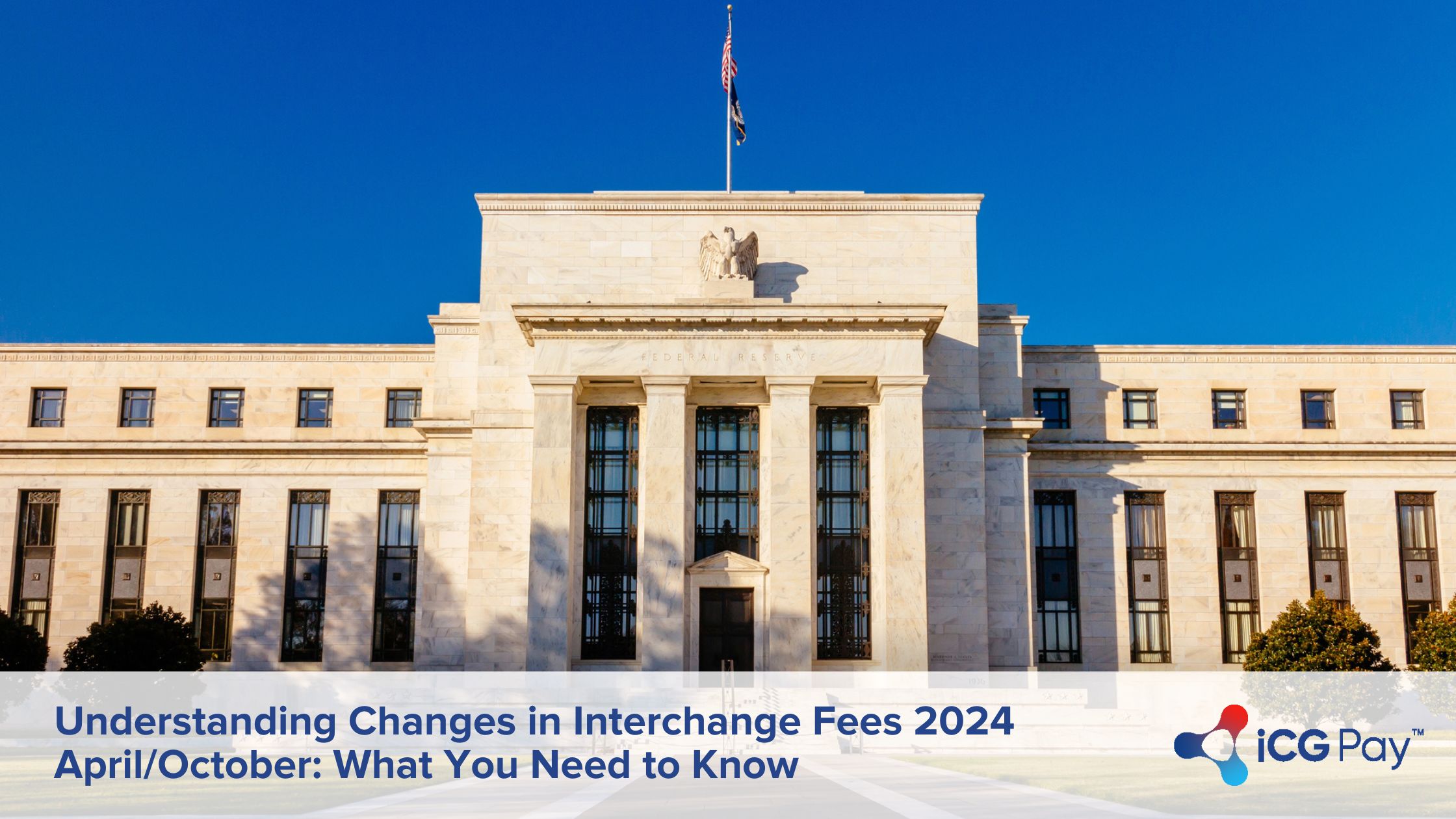Interchange rates in card payments undergo biannual adjustments, typically in April and October. This means that we will see a change in interchange rates next month.
Typically, all payment processing companies generate revenue by applying a margin to the prevailing interchange rates, a practice known as cost-plus or interchange-plus pricing. Today, we'll understand the significance of these fluctuations and their impact on consumers and businesses.
Rising Interchange Fees: What's Happening?
A recent article from PYMNTS states that a hike in Visa and Mastercard interchange fees, especially for online transactions, could result in an added annual cost of $502 million for merchants.
The Payment Card Interchange Fee and Merchant Discount Antitrust Litigation filed a lawsuit against Visa, Mastercard, and various financial institutions in the United States. The lawsuit, valued at a substantial $5.54 billion settlement, holds a claim submission deadline of May 31, 2024.
The consequences of higher interchange fees extend beyond just merchants. Consumers, especially during periods of economic inflation, rely more heavily on credit cards for their purchases. The smoothness of the online checkout experience significantly influences consumer shopping behavior. If merchants have to absorb the increased fees, it could lead to a less seamless and potentially more expensive online shopping experience for consumers.

How This Affects You: The Consumer's Perspective
While discussions often revolve around the impact on merchants, it's essential to consider how proposed changes, such as a debit interchange fee cap, could affect consumers directly. The change affects consumers' experience in various ways:
- Smaller Rewards: Debit card rewards programs, often funded by interchange fees, may shrink or disappear entirely, affecting consumers who rely on these incentives.
- Elevated Account Requirements: Banks may impose higher minimum balance requirements on checking accounts to compensate for lost revenue from interchange fees, potentially disadvantaging lower-income consumers.
- Increased Monthly Fees: In addition to increased minimum balance requirements, banks might hike monthly service fees to offset the shortfall in interchange fee revenue, potentially burdening consumers further.
The proposed interchange fee changes could most affect low-income consumers who depend on debit cards for everyday purchases. These individuals often don't qualify for rewards programs or struggle to maintain high account balances.

What Does the Fed Think?
The Federal Reserve is actively involved in deciding the future landscape of interchange fees. The Fed's proposal to modify the debit card interchange cap has raised concerns among credit unions, which fear potential revenue losses. They argue that the current system does not reflect the actual processing costs incurred by debit card issuers. However, there are apprehensions that the proposed changes might not necessarily help consumers as intended.
A New Cap: Solution or Challenge?
The U.S. Federal Reserve is contemplating implementing a new single cap on interchange fees, as highlighted in an article from Fintech Futures. This proposed change aims to overhaul the existing system, set up by the Dodd-Frank Act, to better align with the actual costs of processing transactions. Some stakeholders disagree, fearing that the proposed cap could increase banking product and service costs.
Impact on Visa and Mastercard
While much of the debate centers on the implications for merchants and consumers, we must recognize that changes in interchange fees could significantly affect the revenue streams of payment giants like Visa and Mastercard.
U.S. merchants paid roughly $93 billion in Visa and Mastercard credit card fees last year, according to the Nilson Report, a steep climb from around $33 billion in 2012. These expenses often trickle down to consumers through increased prices, prompting some small businesses to offer discounts for debit card, cash, or check payments.
Visa and Mastercard dictate the fees merchants pay, with the networks pocketing network fees and interchange fees going to the card-issuing banks. The rationale behind these fees, as offered by Visa, Mastercard, and major banks, is to offset costs related to fraud prevention and spur innovation, often fueling popular credit card rewards programs.
Conclusion: Navigating Change
Adjusting interchange fees seems complicated, with far-reaching implications for businesses and consumers. Businesses may grapple with higher operational costs, which could influence the quality of the consumer experience. Conversely, consumers, particularly those reliant on debit cards, may encounter heightened banking fees or diminished rewards programs.

As the Federal Reserve endeavors to ensure fairness and efficiency in the interchange fee framework, stakeholders must remain vigilant and informed about the latest developments and their potential implications. Navigating these changes will require a collaborative effort to balance economic viability and consumer welfare.




